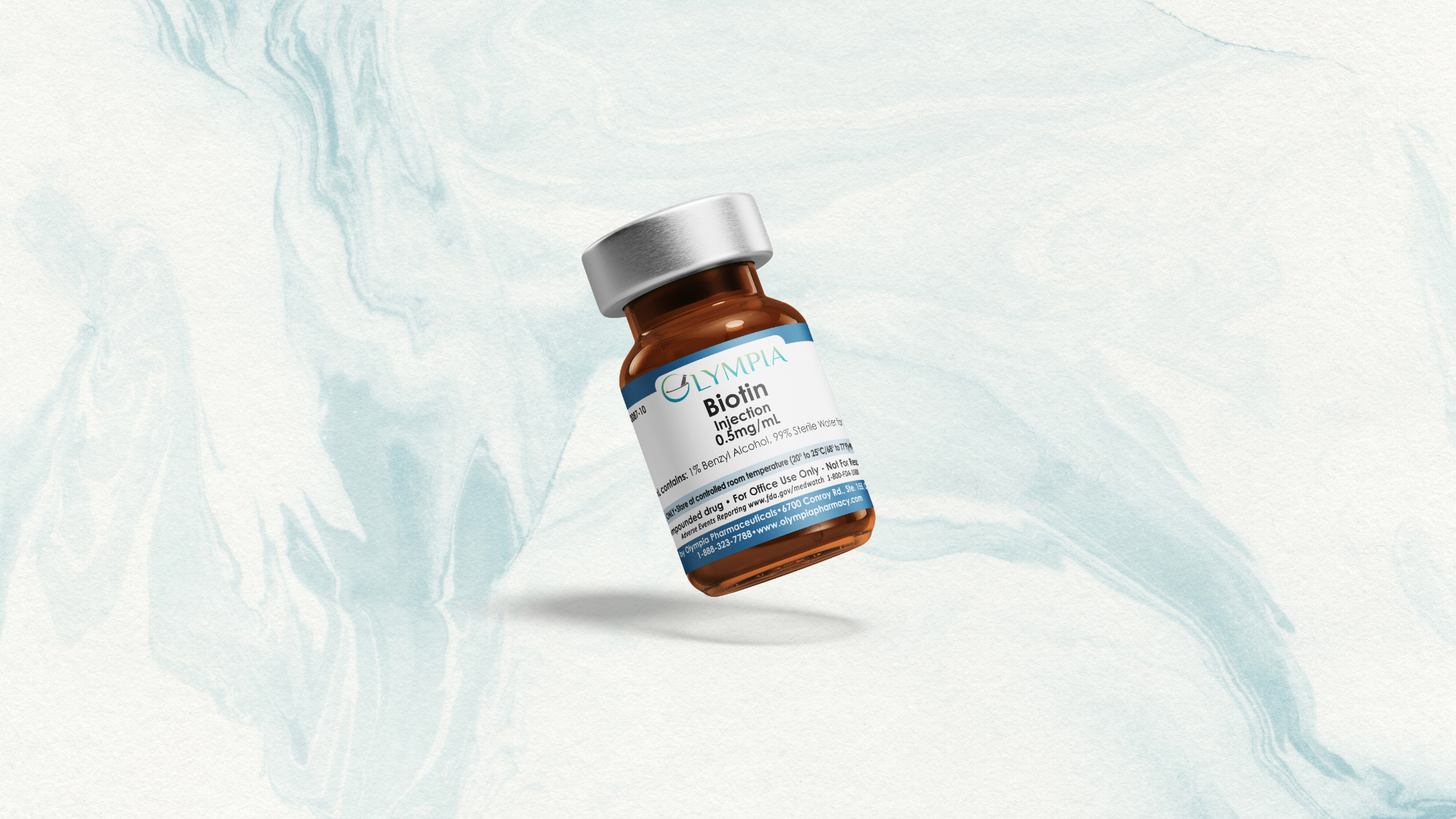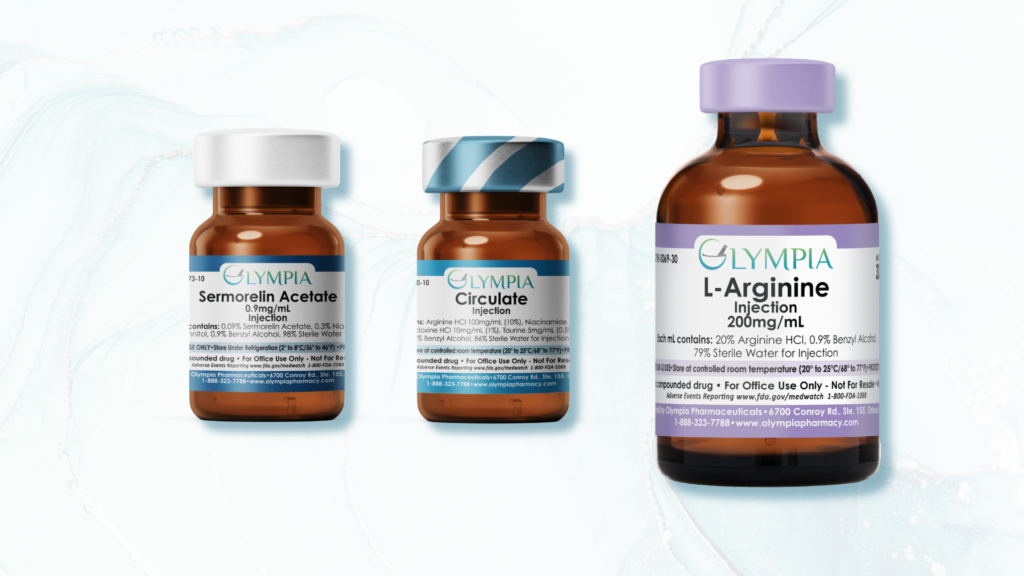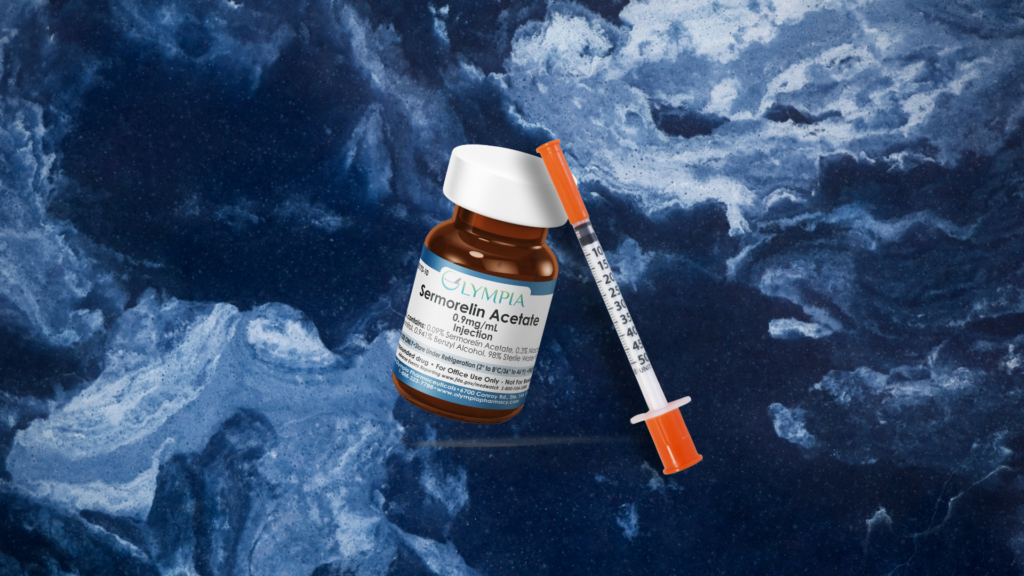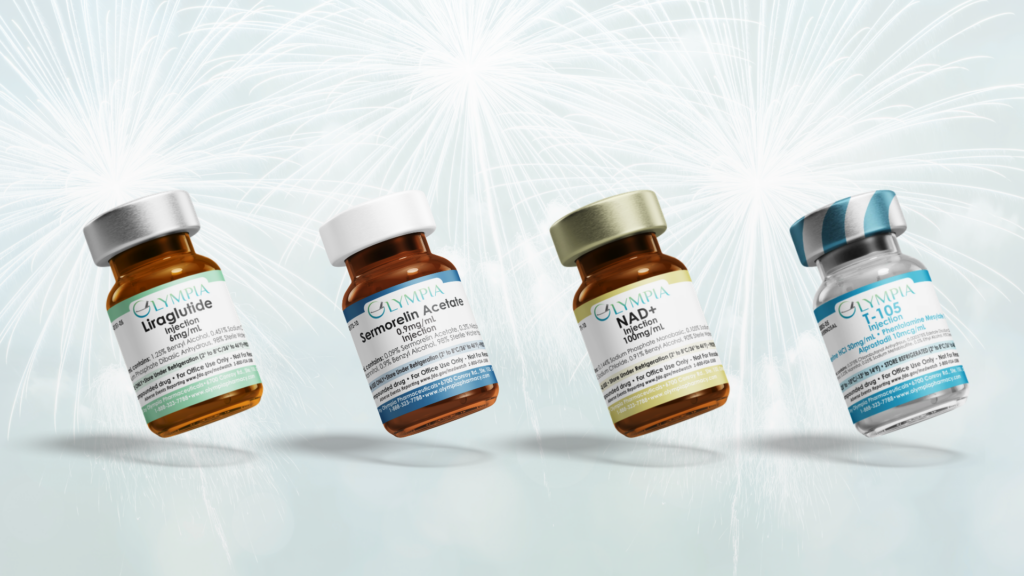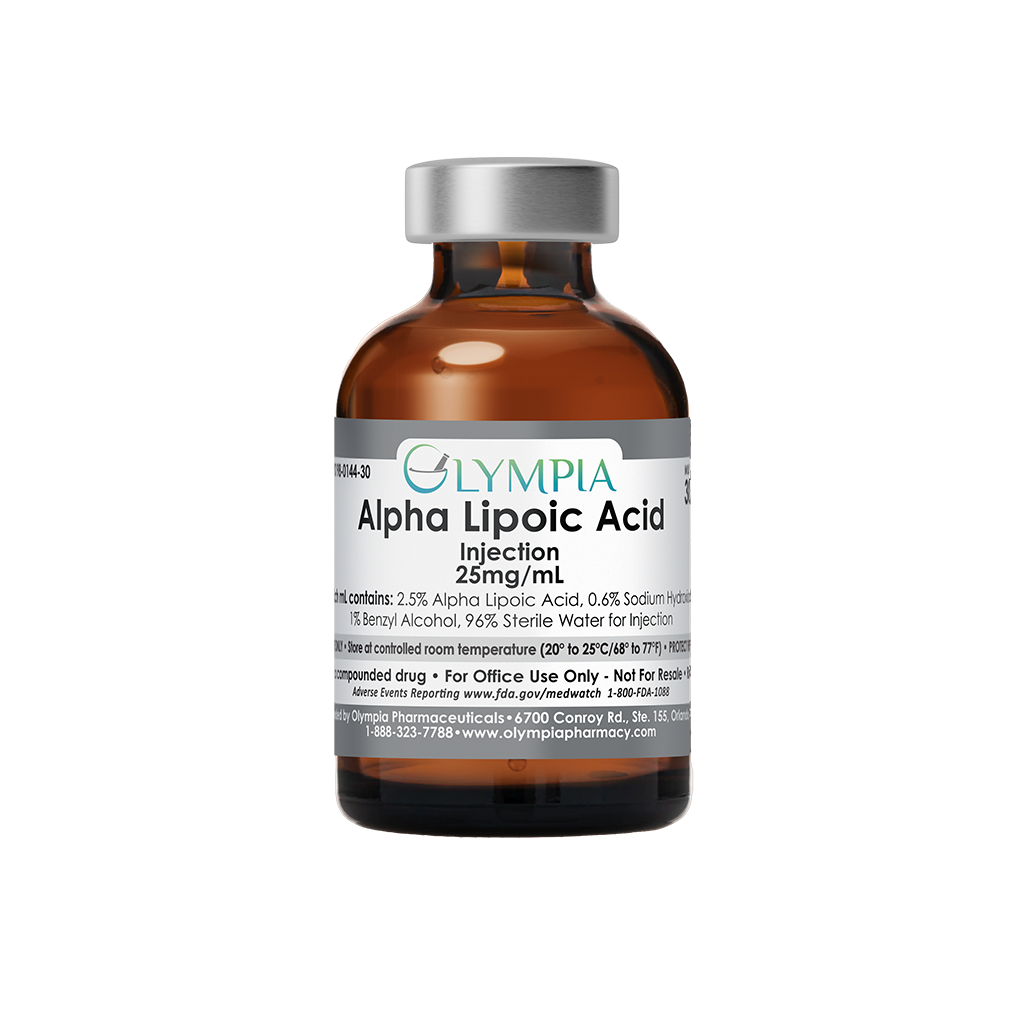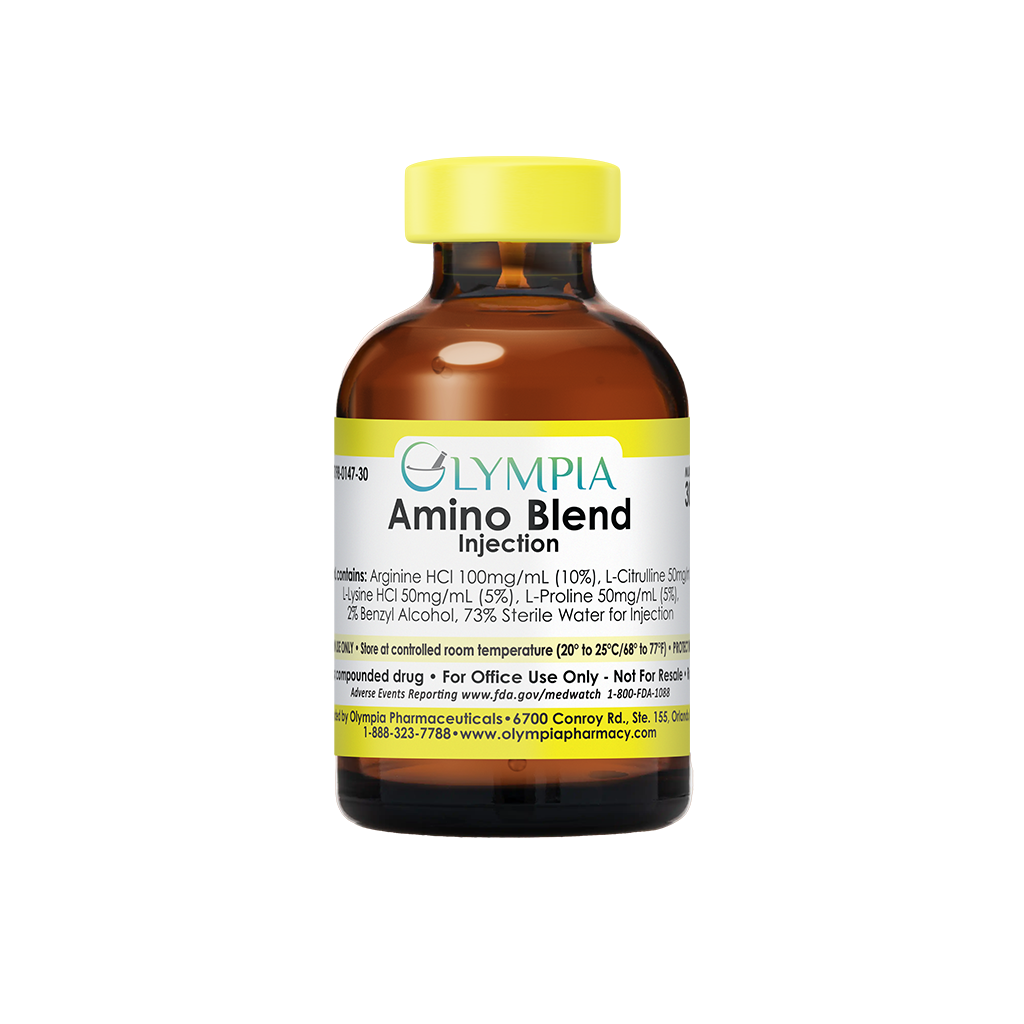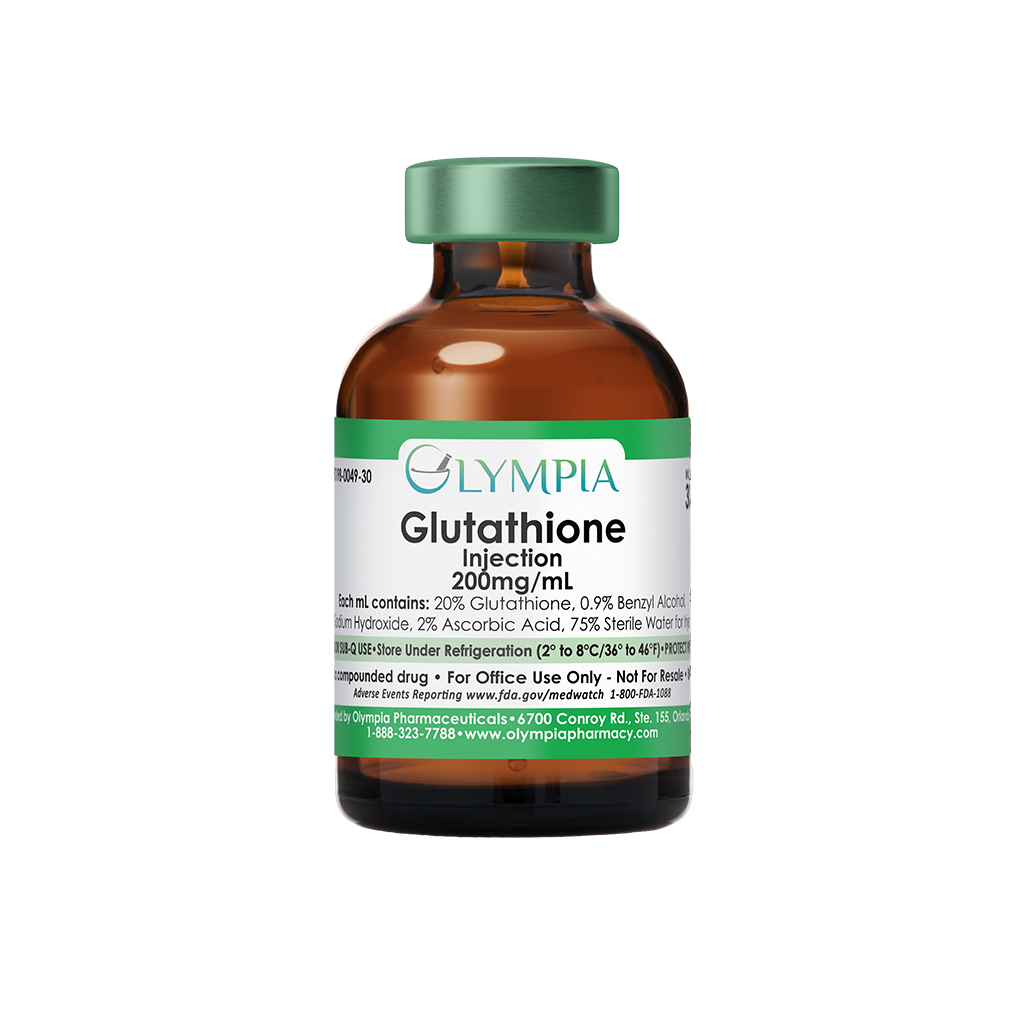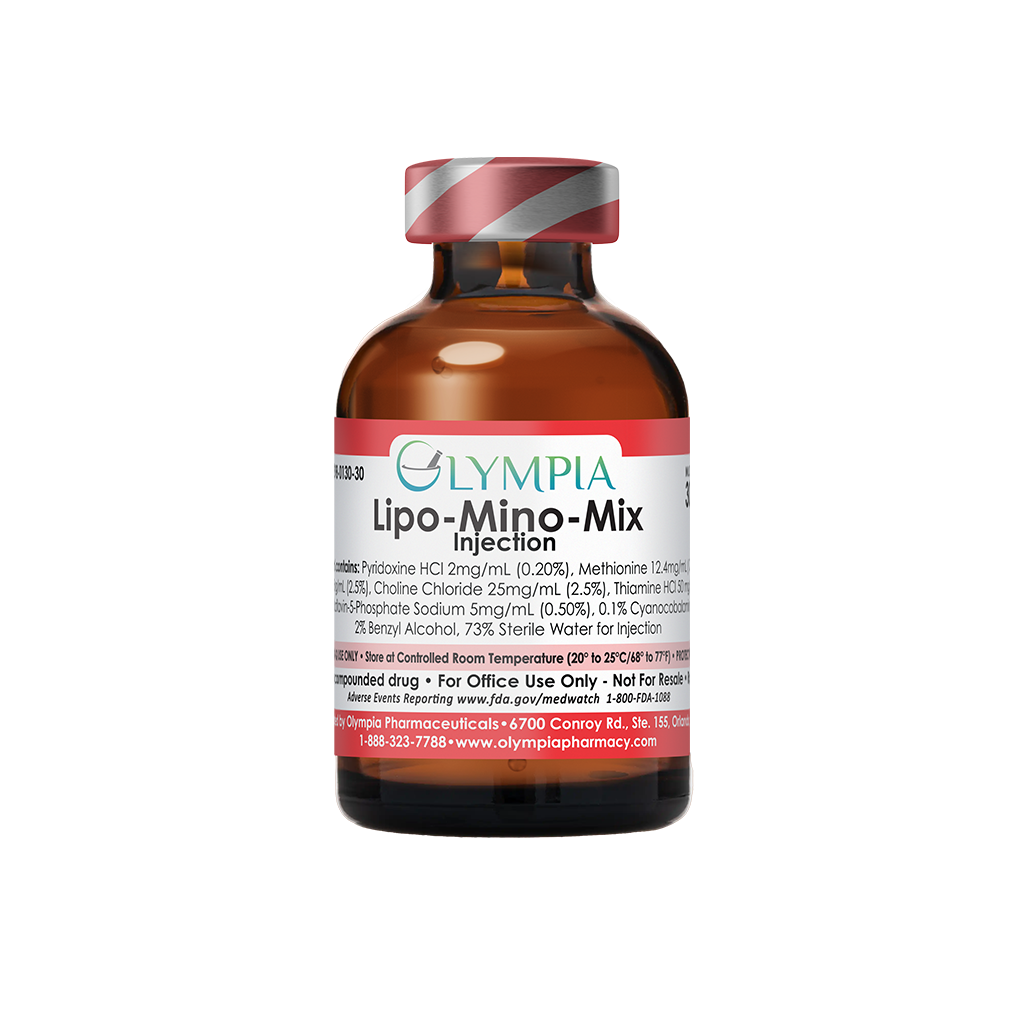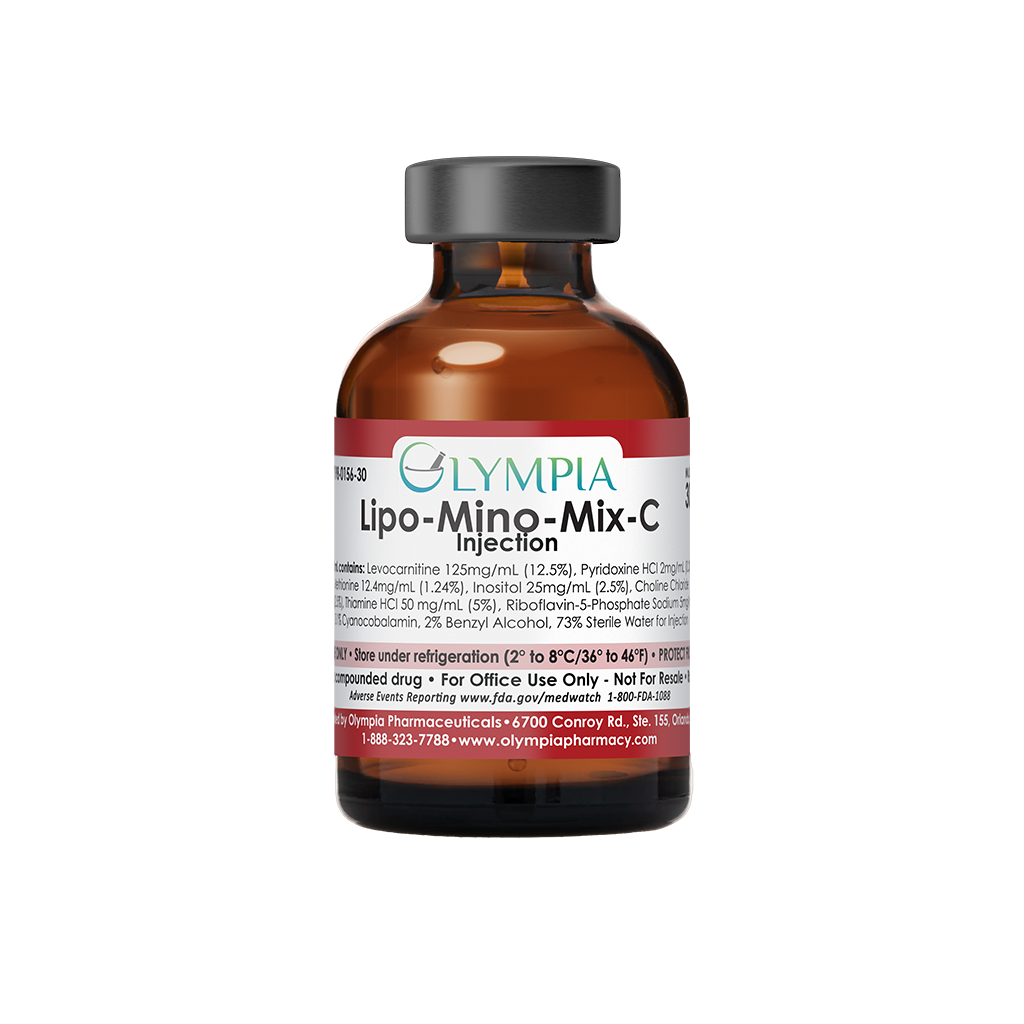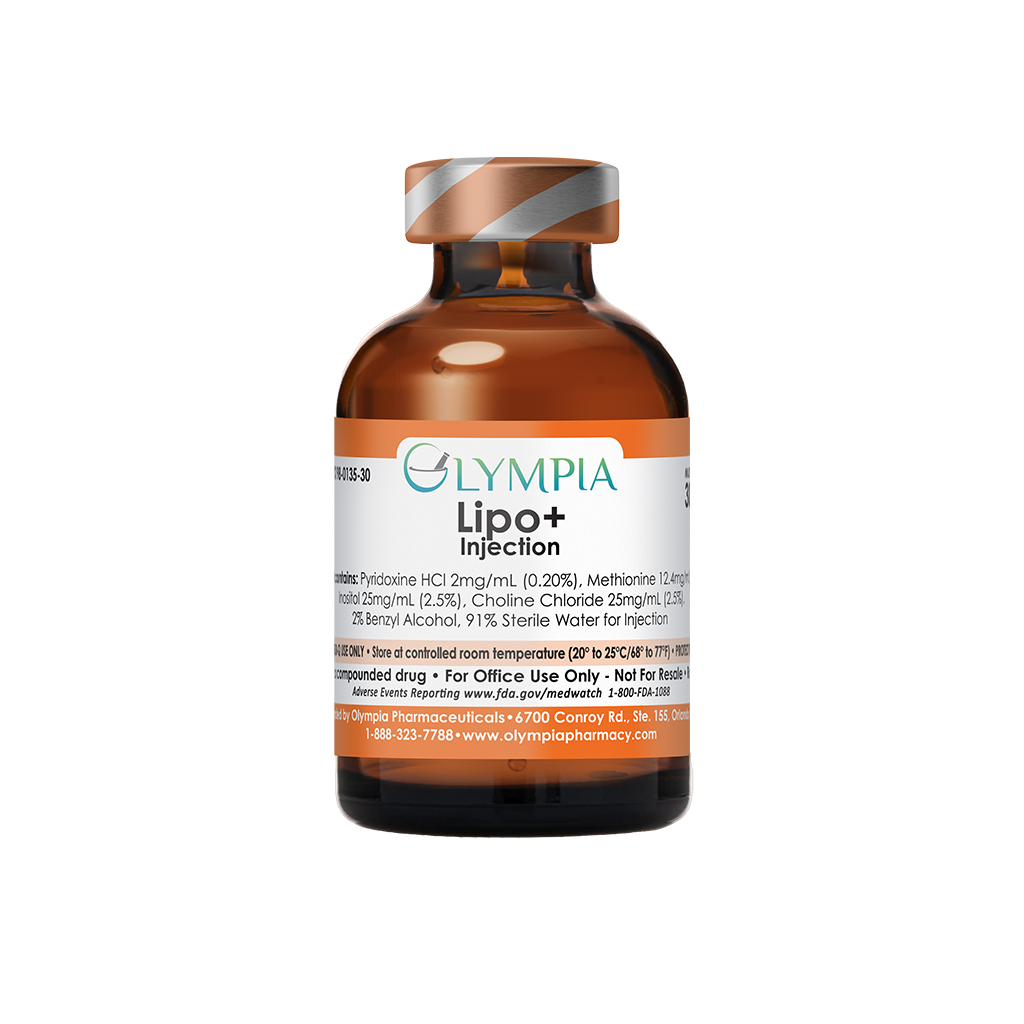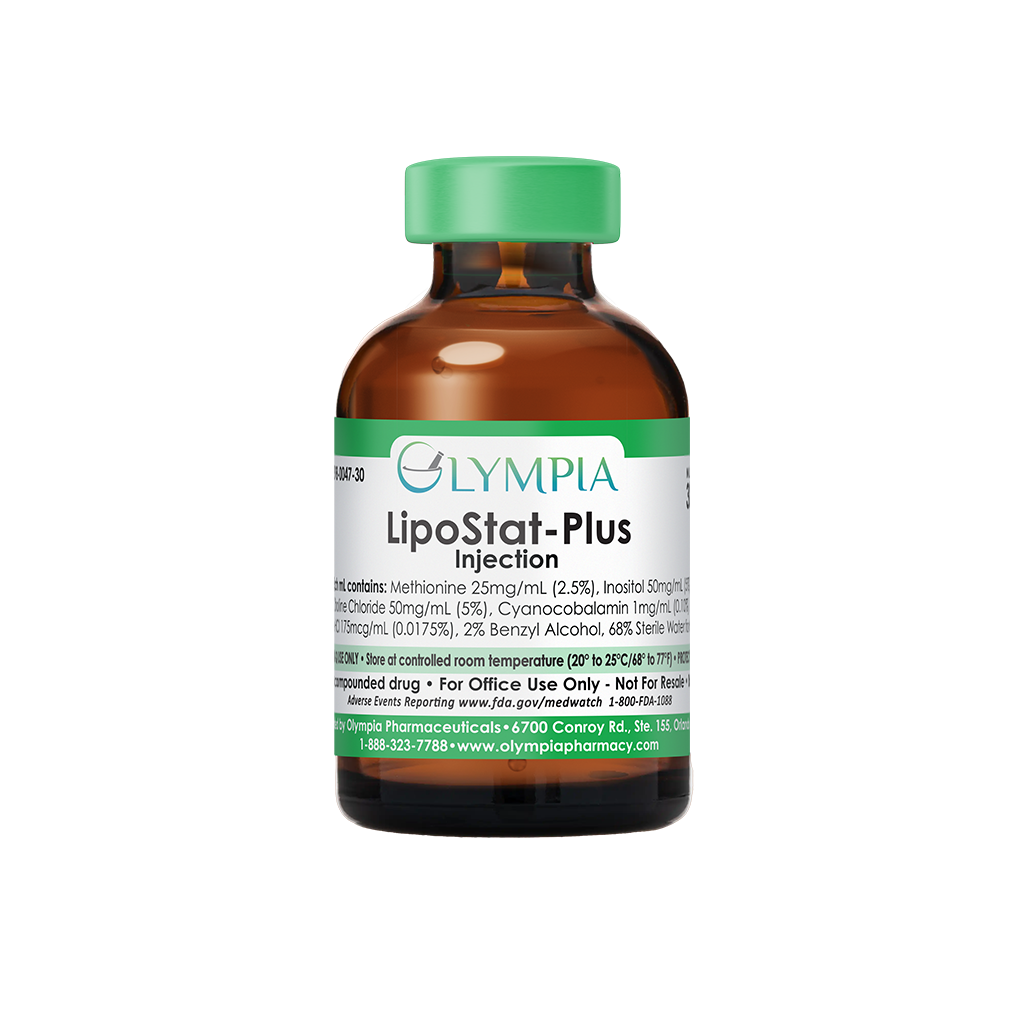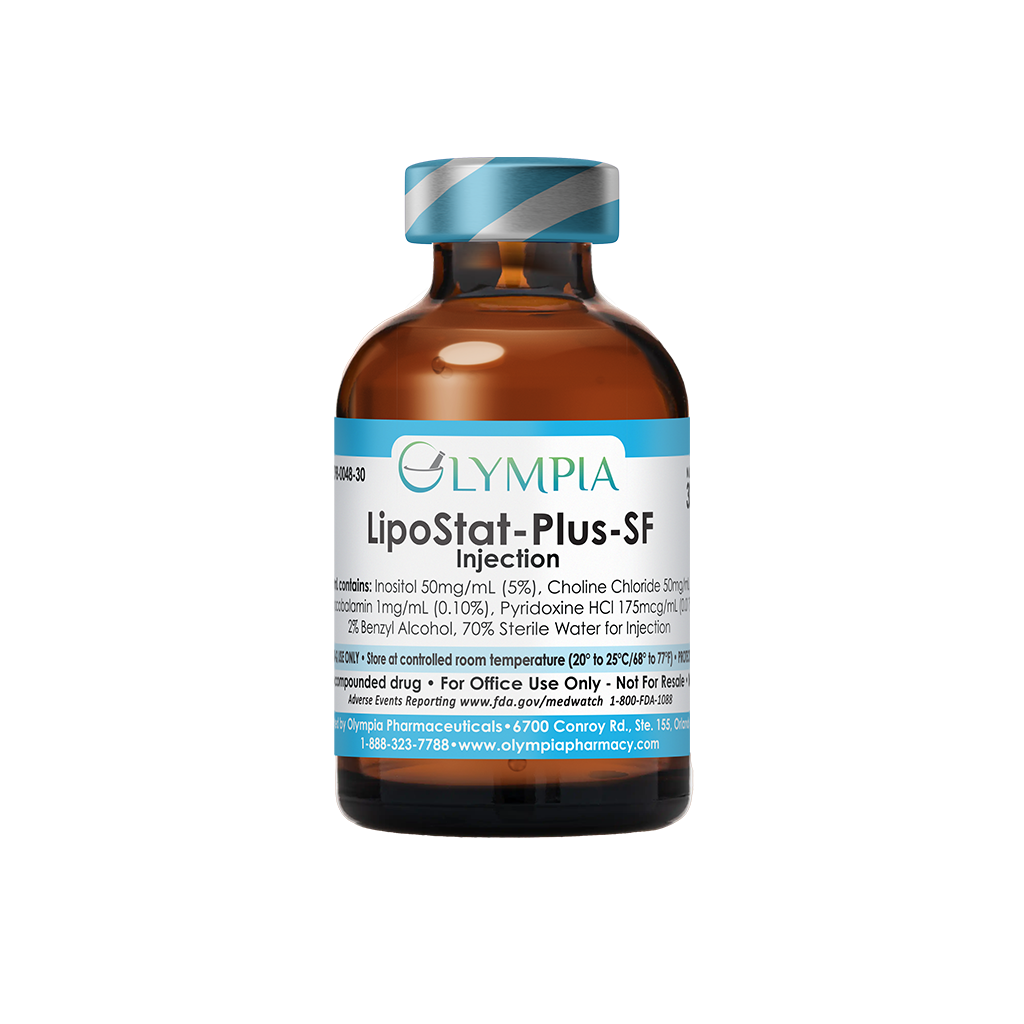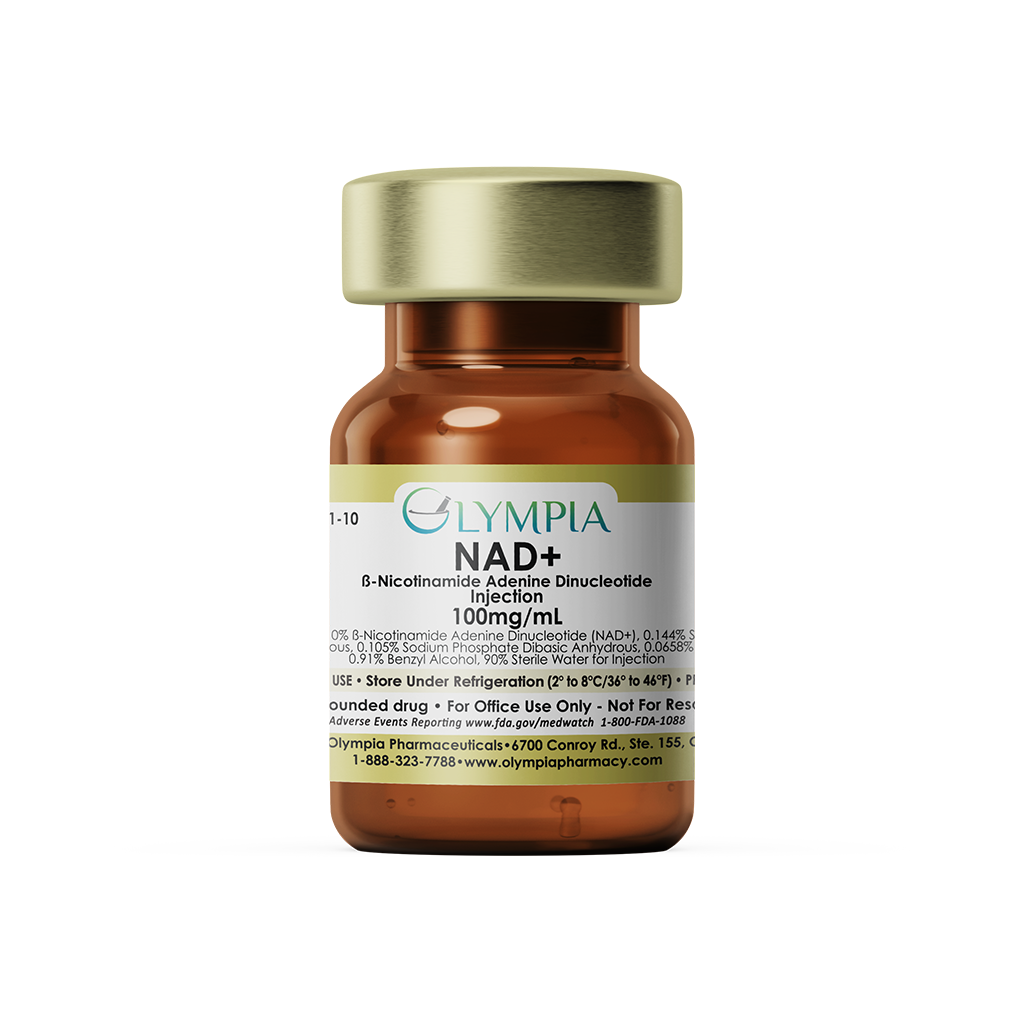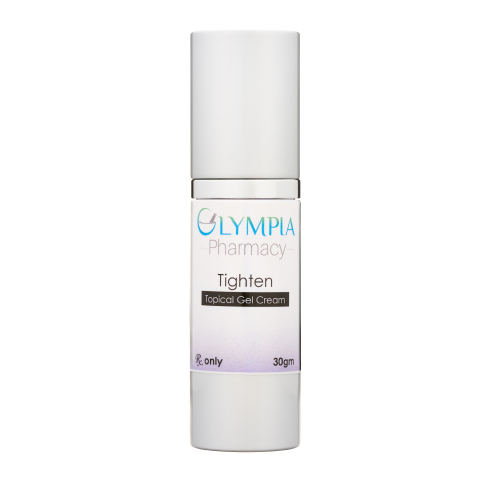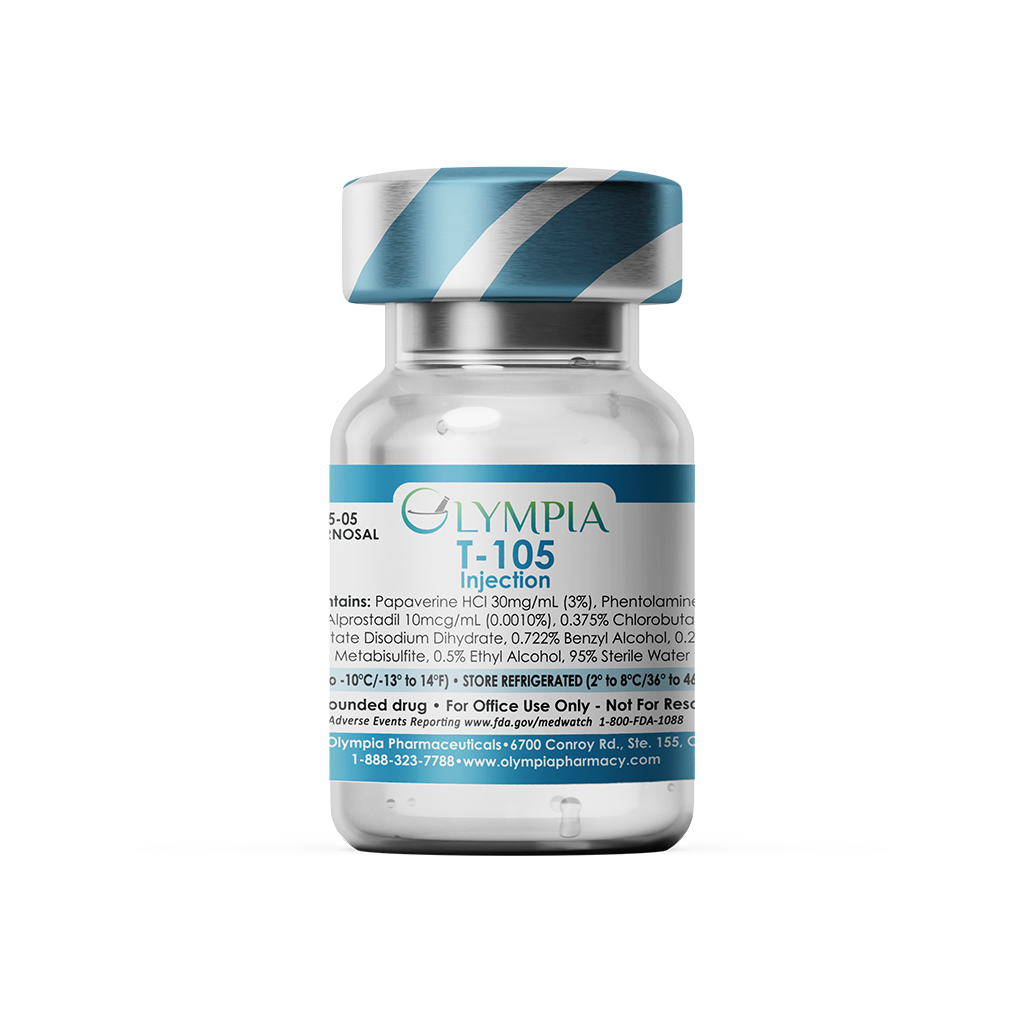When it comes to healthy hair, glowing skin and strong nails, what you put into your body matters just as much as what you put on the surface. One nutrient that often comes up in this conversation is biotin, also known as vitamin B7. Found naturally in everyday foods, biotin plays a role in turning food into energy and may also support the tissues that make up hair, skin and nails.
In this article, we’ll look at what biotin is, how it works in the body and what current research says about its role in beauty and wellness from the inside out.
What Is Biotin?
Biotin is a water-soluble B vitamin that acts as a helper molecule (coenzyme) for enzymes called carboxylases. These enzymes are essential for breaking down and using fats, proteins and carbohydrates for energy.
Because humans cannot make their own biotin, it must come from your diet. Small amounts are produced by bacteria in the gut, but most of what you need comes from a diet of foods like eggs, nuts, seeds, legumes and whole grains. A well-balanced diet generally provides 30-70 micrograms (mcg) per day, which is enough to meet daily needs[1].
Deficiency is rare, but it can occur with malnutrition, certain gastrointestinal conditions, some medications, chronic alcohol use or prolonged raw egg consumption[1]. In deficiency states, studies have linked low biotin to higher levels of inflammatory signals and disruptions in immune cell activity[1][2], underscoring its broader role in overall wellness.
What are the Benefits of Biotin?
In people who are deficient, correcting low biotin levels can improve common symptoms such as thinning hair[3], brittle nails[4] or skin rashes[5]. Adequate biotin also supports cellular energy, which is critical for both daily function and long-term health[6]. Newer research suggests biotin may influence how cells communicate, regulate genetic activity and even support the balance of normal immune function[1][7][8].
For most healthy adults who eat a varied diet, deficiency is uncommon. While extra supplementation has not consistently been shown to enhance hair or nail growth in people without a deficiency, maintaining sufficient biotin intake is considered part of a strong nutritional foundation for overall wellness.
[button url=”https://www.olympiapharmacy.com/mens-health/trimix-injections-ed-medications/” icon=”rocket” new-tab]Find Out More About Biotin[/button]
How Biotin Benefits Hair Health
Biotin supports the metabolism of amino acids, the building blocks of proteins like keratin, which is the main structural protein in hair[3]. Therefore, adequate intake of biotin may help support healthy hair.
Deficiency states highlight this connection most clearly. Research suggests that when biotin levels are low, people are more likely to experience hair loss, thinning and brittle texture[3]. Correcting deficiency may reverse hair loss in both humans and animal models, with regrowth occurring once biotin was reintroduced[3].
In documented deficiency or specific conditions like uncombable hair syndrome, research has suggested that supplementation may help improve symptoms[9].
Outside of these scenarios, high-quality trials showing thicker or faster-growing hair in healthy people are lacking, so results can vary.
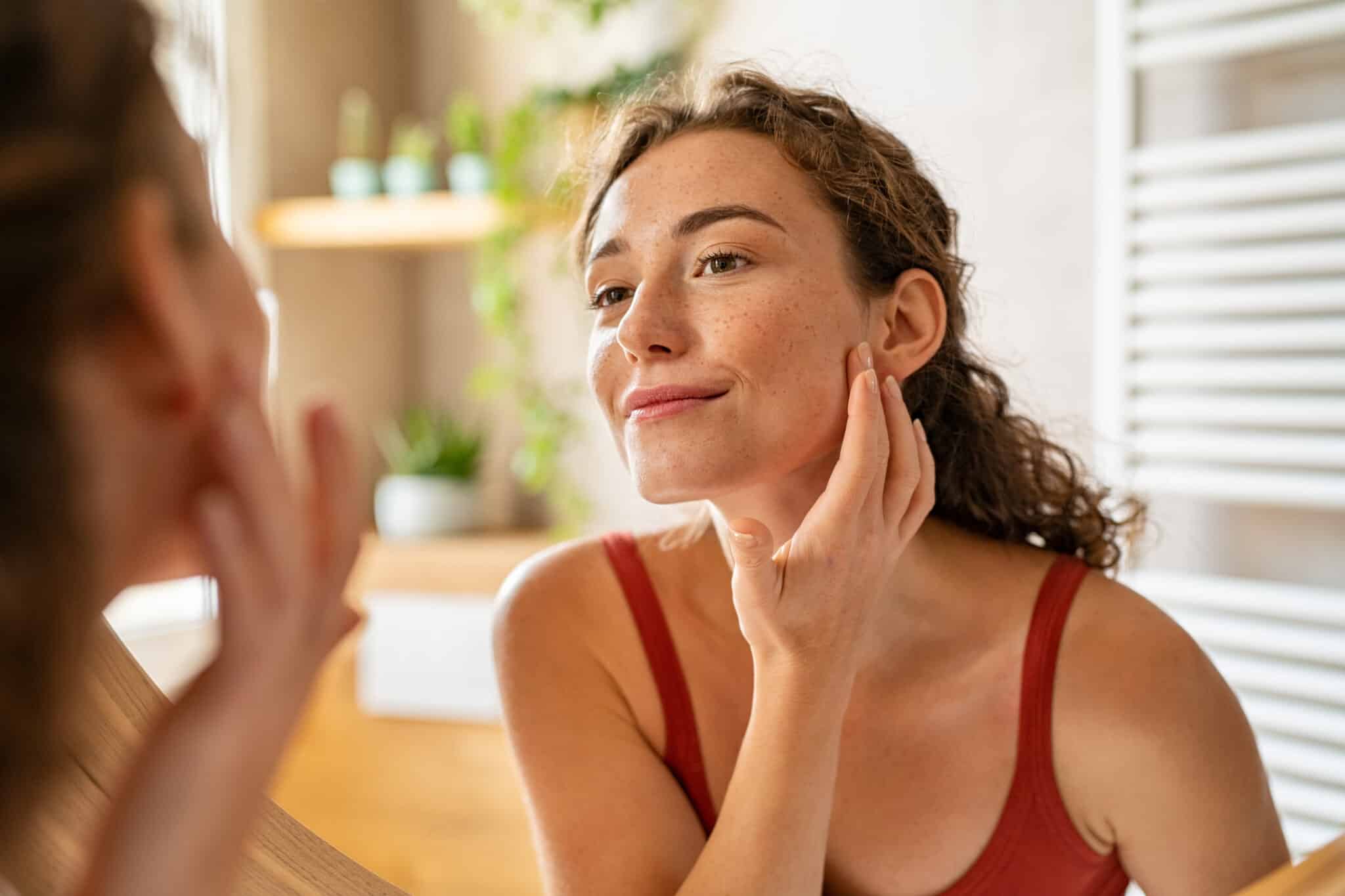
How Biotin Benefits Skin Health
Your skin acts as a protective barrier against irritants, pathogens and environmental stressors, and biotin contributes to several of the processes that keep that barrier strong. Biotin-dependent enzymes are involved in fatty acid synthesis and energy metabolism, both of which are important for maintaining skin cell integrity and the lipid layer that locks in moisture[3]. When biotin is low, early signs can include dry, irritated or scaly rashes, often around the mouth, eyes or nose[5].
Research also suggests biotin may play a role in broader skin health. It supports the renewal of skin cells, contributes to keratin production and helps preserve the lipid barrier that helps reduce the risk of dehydration[3].
Because nail, skin and hair tissues share keratin-related pathways, biotin has also been studied for nail health. Supplementation has been linked with stronger, thicker nails in people with brittle nail conditions[3][4]. However, evidence in otherwise healthy individuals remains limited, so most people will meet their needs through diet rather than supplements.
How to Take Biotin
Most people get enough biotin naturally through a balanced diet. Some of the most biotin-rich foods include organ meats like liver, fatty fish such as salmon, pork, eggs, sunflower seeds, sweet potatoes and nuts[10].
In some cases, your provider may suggest supplementation. Biotin supplements are available in oral forms and may also be compounded for injection. Because dosing can vary depending on your health status, it’s important to follow the guidance of a licensed healthcare provider rather than starting supplementation on your own.
Things to Consider Before Taking Biotin
Biotin is generally well tolerated, and even very high intakes (10-200 mg/day) have not shown toxicity in humans[10]. That said, there are a few important notes:
- Lab test interference: High doses of biotin can affect certain lab results (such as thyroid hormone or vitamin D tests), sometimes leading to false positives or negatives[10]. Providers may have you pause supplementation before specific blood tests.
- Groups with Higher Needs or Risks[10]:
- Pregnancy & Lactation: Marginal biotin deficiency occurs in up to one-third of pregnant women and is also seen in lactating women, even with normal intake.
- Smokers: May metabolize biotin more rapidly.
- Chronic Alcohol Use: Associated with reduced absorption; about 15% of individuals with alcoholism have low plasma biotin.
- Anticonvulsant Therapy: Drugs such as carbamazepine, phenytoin, and phenobarbital increase biotin breakdown and decrease absorption, often leading to lower serum levels.
Explore How Biotin May Support Your Wellness Goals
Biotin is more than just a “beauty vitamin” — it plays a role in energy metabolism while also potentially contributing to the hair, skin and nail health. For most people, a balanced diet provides enough biotin, but some individuals may benefit from supplementation under the guidance of a healthcare provider.
By keeping your nutrition on track and understanding how nutrients like biotin fit into overall wellness, you can support both how you feel and how you look, from the inside out.
[button url=”https://www.olympiapharmacy.com/contact/” icon=”rocket” new-tab]Connect With Our Team[/button]
Sources
- Lis K. Biotin Supplementation—The Cause of Hypersensitivity and Significant Interference in Allergy Diagnostics. Nutrients. 2025 Jan;17(15):2423.
- Agrawal S, Agrawal A, Said HM. Biotin deficiency enhances the inflammatory response of human dendritic cells. Am J Physiol Cell Physiol. 2016 Sep 1;311(3):C386-91. doi: 10.1152/ajpcell.00141.2016. Epub 2016 Jul 13. PMID: 27413170; PMCID: PMC5129763.
- Kannan S, Balakrishnan J, Nagarajan P. Vitamin B7 (Biotin) and its role in hair, skin and nail health. In: Hydrophilic Vitamins in Health and Disease. Springer; 2024. p. 233-52.
- Lipner SR, Scher RK. Biotin for the treatment of nail disease: what is the evidence? Journal of Dermatological Treatment. 2018 May 19;29(4):411-4.
- Folate I of M (US) SC on the SE of DRI and its P on, Vitamins OB, Choline A. Biotin. In: Dietary Reference Intakes for Thiamin, Riboflavin, Niacin, Vitamin B6, Folate, Vitamin B12, Pantothenic Acid, Biotin, and Choline [Internet]. National Academies Press (US); 1998 [cited 2025 Sept 19]. Available from: https://www.ncbi.nlm.nih.gov/books/NBK114297/
- Said HM. Biotin: biochemical, physiological and clinical aspects. Subcell Biochem. 2012;56:1-19.
- Zempleni J. Uptake, localization, and noncarboxylase roles of biotin. Annu Rev Nutr. 2005;25:175-96.
- Agrawal S, Agrawal A, Said HM. Biotin deficiency enhances the inflammatory response of human dendritic cells. Am J Physiol Cell Physiol. 2016 Sept 1;311(3):C386-91.
- (PDF) Uncombable hair improved by biotin. ResearchGate [Internet]. [cited 2025 Sept 19]; Available from: https://www.researchgate.net/publication/368342911_Uncombable_hair_improved_by_biotin
- Office of Dietary Supplements – Biotin [Internet]. [cited 2025 Sept 19]. Available from: https://ods.od.nih.gov/factsheets/Biotin-HealthProfessional/
